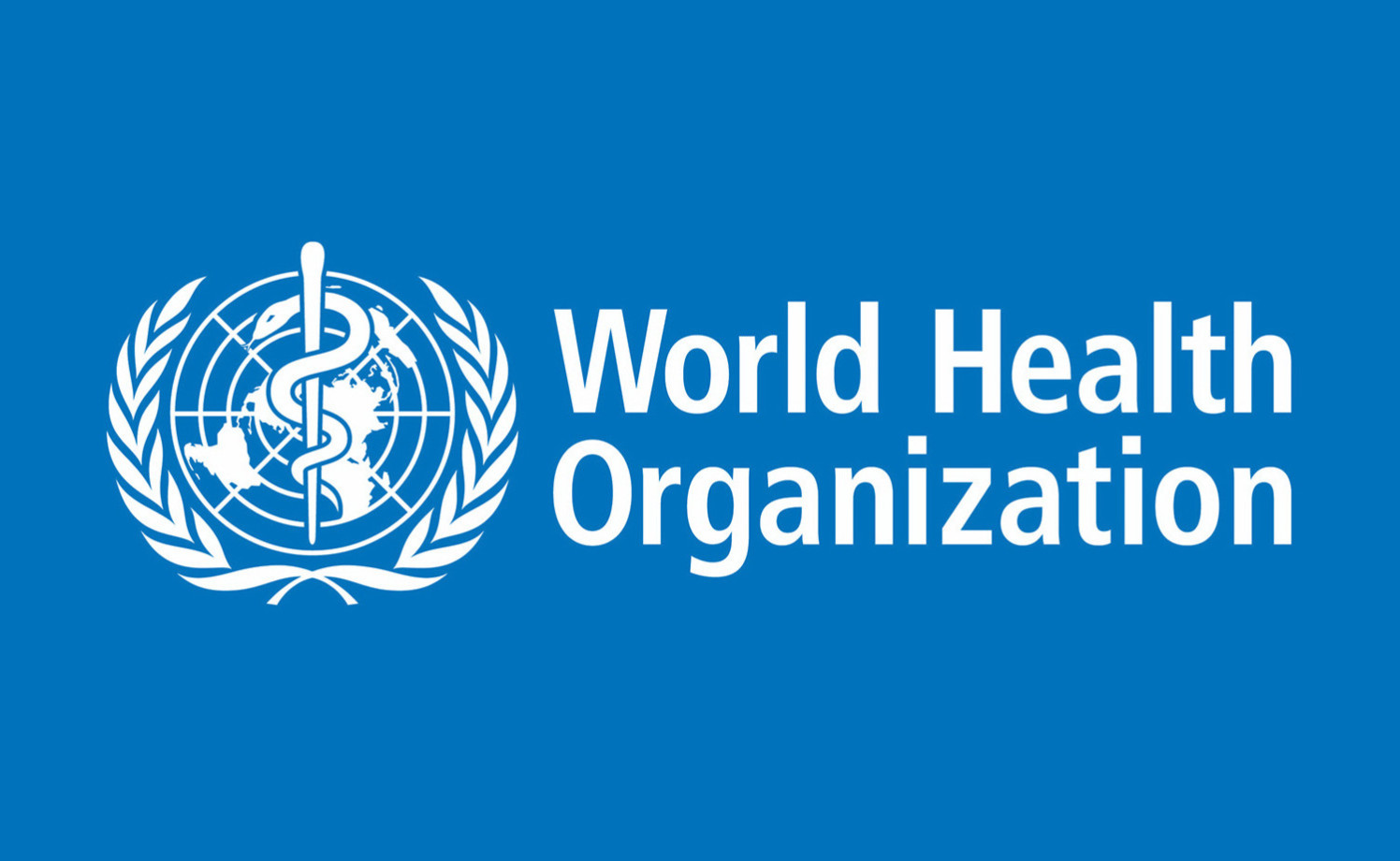Ebola: 2 died in Guinea as three suspected cases revealed

TWO people from the same family have died from Ebola in Guinea, the government said Thursday, as the WHO declared a flare-up of the virus in neighbouring Sierra Leone over. Test samples from the two patients “revealed the presence of the Ebola haemorrhagic fever virus”, the government said in a statement, while officials feared further suspected cases.
WHO confirmed the case on their twitter handle:
WHO confirms that two people have tested positive for #Ebola in N'zérékoré Prefecture, #Guinea
— World Health Organization (WHO) (@WHO) March 17, 2016
“For now, we have two confirmed cases and three suspected cases,” it added.
According to AFP, the cases are the first in Guinea since the country was declared Ebola free at the end of last year, and the UN health agency warned that a recurrence of the tropical disease which has claimed 11,300 lives since December 2013, remained a possibility.
Two cases of the virus were identified in Sierra Leone in early January, the first cases since November last year.
A 22-year-old women died while her aunt survived.
WHO declared that flare-up officially over on Thursday after no new cases were seen for 42 days. The length of two Ebola incubation cycles.
The WHO refers to these isolated cases as “flare-ups” but maintains the original “chains of transmission” have been stopped in Guinea, Liberia and Sierra Leone.
“WHO continues to stress that Sierra Leone, as well as Liberia and Guinea, are still at risk of Ebola flare-ups, largely due to virus persistence in some survivors, and must remain on high alert and ready to respond,” it said in a statement.
The health body’s representative in Sierra Leone, Anders Nordstrom, said it was “critical that we remain prepared”.
The virus can stay in semen for at least nine months after a patient has recovered, six months longer than previously thought.
Scientists are working to establish how long it can persist in other bodily fluids and tissues such as the spinal column and the eye, and for how long it could remain infectious.
“Until the virus is completely cleared from the survivor population which may take the remainder of the year or more; we have to anticipate and be prepared for additional small outbreaks,” a WHO representative said.









0 Comments